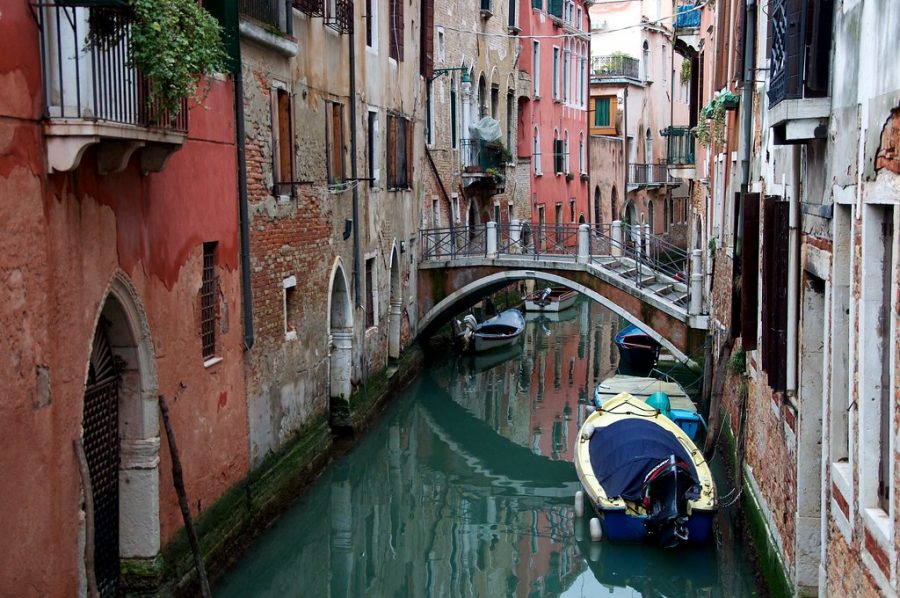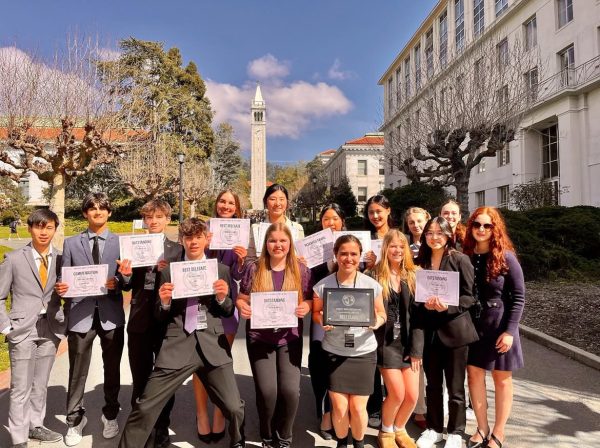Time for recovery
Social distancing from the pandemic provides benefits to the environment.
As the coronavirus changes the daily lives of people all over the world, it also changes the environment, but for the better. Due to the absence of interaction between humans and the environment, Earth is able to recover from constant human bombardment.
In the months since coronavirus became a global pandemic, air quality and ocean conditions have improved.
In countries who are dependent on fossil fuels and cities housing many factories, the air quality has significantly improved due to the decrease in air pollution and carbon dioxide in the air. Cities like New York City, Beijing, and Shanghai are seeing this decrease firsthand.
In the BBC article, “Coronavirus: Air pollution and CO2 fall rapidly as virus spreads”, environment correspondent Matt McGrath states that the emissions of carbon monoxide are down 50 percent from last year. This is due to the lack of cars and trucks on the roads.
There has also been decreasing levels of nitrogen dioxide in China and Northern Italy. Since people are social distancing, the need for running factories has declined. The decrease in nitrogen dioxide is ultimately helping climate change and the environment.
In addition, many people are experiencing health benefits, despite the risk from the virus. The article in The Atlantic, “The Pandemic is Turning the Natural World Upside Down”, written by Marina Koren features a study from Stanford University.
“A pandemic-related reduction in particulate matter in the atmosphere like saved the lives of 4,000 young children and 73,000 elderly adult in China,” said Koren.
Along with air quality and pollution, the coronavirus has positive benefits on oceans. The lack of boats in the ocean have made the water calmer and less crowded for the animals. In an interview with The Atlantic, Marine ecologist Michelle Fournet notices that ocean animals like whales are able to migrate without any interference from boats.
“This will be the quietest entry that humpback whales have had in southeastern Alaska in decades,” Fournet said.
In Venice, Italy, the absence of tourists due to the coronavirus has caused the canals to become cleaner, enough to bring sea life back the city. Until the virus struck the globe, Venice was filled with tourists that wanted to ride in the canals, but now less boats going through the canal has allowed the water to recover and become blue again.
Although the human population on Earth is swept up in COVID-19 panic, the environment is recovering without any human interference.
“Nature is taking a breath when the rest of us are holding ours,” said Fournet.



